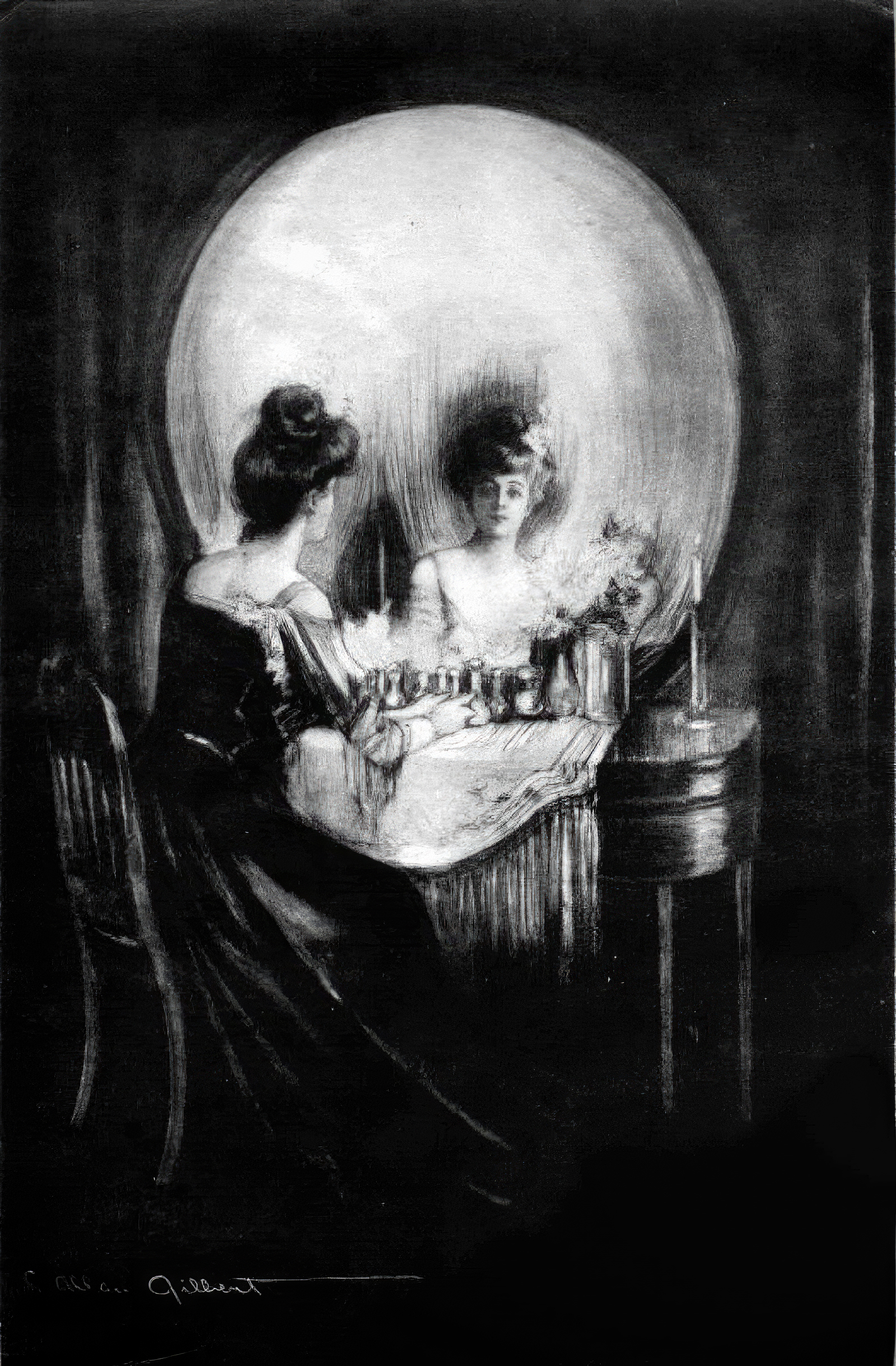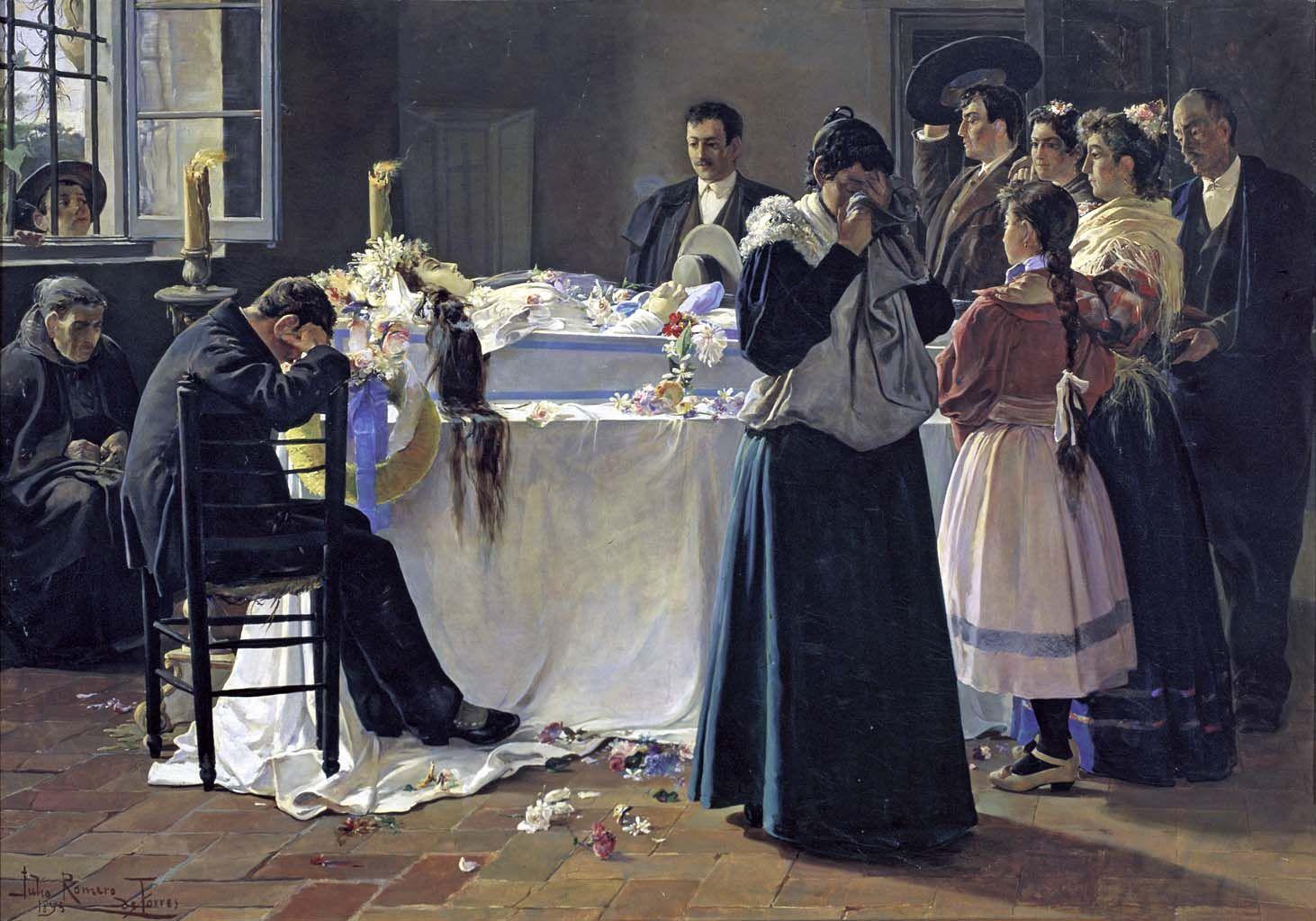|
Nine Nights
Nine-Night, also known as Dead Yard, is a funerary tradition originating from the Asante people of west Africa and practiced in several Caribbean countries (primarily Jamaica). It is an extended wake that lasts for nine days, with roots from the Akan culture during 9 day period of observing the dead known as ''Dabɔnɛ''(say: dah-boh-neh). During this time, friends and family come together to the home of the deceased. They share their condolences and memories while singing hymns and eating food together. In the old days, the nights were calm and reserved for the most part - but that tradition has changed with the times. Today, these gatherings resemble parties much more than they resemble wakes (though this is not true of every "nine-night"). Traditions Nine-Nights are no longer a time to mourn, but a time to celebrate since the loved one is no longer suffering in life. When friends come they do not come with just condolences, instead they come with food, drink and music; th ... [...More Info...] [...Related Items...] OR: [Wikipedia] [Google] [Baidu] |
Funeral
A funeral is a ceremony connected with the final disposition of a corpse, such as a burial or cremation, with the attendant observances. Funerary customs comprise the complex of beliefs and practices used by a culture to remember and respect the dead, from interment, to various monuments, prayers, and rituals undertaken in their honour. Customs vary between cultures and religious groups. Funerals have both normative and legal components. Common secular motivations for funerals include mourning the deceased, celebrating their life, and offering support and sympathy to the bereaved; additionally, funerals may have religious aspects that are intended to help the soul of the deceased reach the afterlife, resurrection or reincarnation. The funeral usually includes a ritual through which the corpse receives a final disposition. Depending on culture and religion, these can involve either the destruction of the body (for example, by cremation, sky burial, decomposition, disintegr ... [...More Info...] [...Related Items...] OR: [Wikipedia] [Google] [Baidu] |
Duppy
Duppy is a word of African origin commonly used in various Caribbean Islands, including The Bahamas, Barbados and Jamaica, meaning ghost or spirit.Jamaican Folklore , Duppy The word is sometimes spelled duffy. It is both singular and plural. Much of Caribbean revolves around duppy. Duppy are generally regarded as malevolent spirits who bring misfortune and woe on those they set upon. They are said to mostly come out and haunt people at night, and people from around the islands claim to have seen them. The "Rolling Calf" (a scary creature said to have chains around its body), [...More Info...] [...Related Items...] OR: [Wikipedia] [Google] [Baidu] |
Death Customs
Death is dealt with differently in cultures around the world, and there are ethical issues relating to death, such as martyrdom, suicide and euthanasia. Death refers to the permanent termination of life-sustaining processes in an organism, i.e. when all biological systems of a human being cease to operate. Death and its spiritual ramifications are debated in every manner all over the world. Most civilizations dispose of their dead with rituals developed through spiritual traditions. Disposal of remains In most cultures, after the last offices have been performed and before the onset of significant decay, relations or friends arrange for ritual disposition of the body, either by destruction, or by preservation, or in a secondary use. In the US, this frequently means either cremation or interment in a tomb. There are various methods of destroying human remains, depending on religious or spiritual beliefs, and upon practical necessity. Cremation is a very old and quite common cus ... [...More Info...] [...Related Items...] OR: [Wikipedia] [Google] [Baidu] |
Nine Days (film)
''Nine Days'' is a 2020 American fantasy drama film written and directed by Edson Oda in his feature debut. It stars an ensemble cast consisting of Winston Duke, Zazie Beetz, Benedict Wong, Tony Hale, Bill Skarsgård, David Rysdahl, and Arianna Ortiz. In the film, Will (Duke) is a reclusive man residing in a house in the pre-existence with his assistant Kyo (Wong). His job is to interview souls hoping to be born and to observe how the souls he has selected are living on Earth. When one of his previous selections suddenly dies, Will becomes dispirited and confused about the true meaning of life as a new batch of souls arrives to be interviewed. In 2017, the Sundance Institute selected Oda to participate in its annual screenwriting lab in the state of Utah. The character of Will is based on his uncle, who died by suicide when Oda was 12 years old. Funding the project proved difficult. After a number of specialty distributors turned the producers down, they put together a team of ... [...More Info...] [...Related Items...] OR: [Wikipedia] [Google] [Baidu] |
Shiva (Judaism)
() is the week-long mourning period in Judaism for first-degree relatives. The ritual is referred to as "sitting " in English. The period lasts for seven days following the burial. Following the initial period of despair and lamentation immediately after the death, embraces a time when individuals discuss their loss and accept the comfort of others. Its observance is a requirement for the parents, siblings, spouses, and children of the person who has died. At the funeral, mourners wear an outer garment that is torn before the procession in a ritual known as . In some traditions, mourners wear a black ribbon that is cut in place of an everyday garment. The torn article is worn throughout the entirety of . Typically, the seven days begin immediately after the deceased has been buried. Following burial, mourners assume the halakhic status of (). This state lasts for the entire duration of . It is necessary for the burial spot to be entirely covered with earth in order for to c ... [...More Info...] [...Related Items...] OR: [Wikipedia] [Google] [Baidu] |
Wake (ceremony)
A wake or visitation is a social gathering associated with death, held before a funeral. Traditionally, a wake involves family and friends keeping watch over the body of the dead person, usually in the home of the deceased. Some wakes are held at a funeral home or another convenient location. The wake or the viewing (funeral), viewing of the body is a part of death rituals in many cultures. It allows one last interaction with the dead, providing a time for the living to express their thoughts and feelings with the deceased. It highlights the idea that the loss is borne by the whole community and is a way of honoring the deceased member. The emotional tone of a wake is sometimes seen as more positive than a funeral due to the socially supportive atmosphere and the focus on the life rather than the death of the deceased. Origin The term originally referred to a late-night prayer vigil but is now mostly used for the social interactions accompanying a funeral. While the modern us ... [...More Info...] [...Related Items...] OR: [Wikipedia] [Google] [Baidu] |
Kumina
Kumina is an Afro-Jamaican religion, dance and music form. Kumina has practices that include secular ceremonies, dance and music that developed from the beliefs and traditions brought to the island by Kongo enslaved people and indentured labourers, from the Congo region of West Central Africa, during the post-emancipation era. It is mostly associated with the parish of St. Thomas in the east of the island. However, the practice spread to the parishes of Portland, St. Mary and St. Catherine, and the city of Kingston. Kumina also gives it name to a drumming style, developed from the music that accompanied the spiritual ceremonies, that evolved in urban Kingston. The Kumina drumming style has a great influence on Rastafari music, especially the Nyabinghi drumming, and Jamaican popular music. Count Ossie was a notable pioneer of the drumming style in popular music and it continues to have a significant influence on contemporary genres such as reggae and dancehall. The '' K ... [...More Info...] [...Related Items...] OR: [Wikipedia] [Google] [Baidu] |
Asante People
The Asante, also known as Ashanti in English (), are part of the Akan people, Akan ethnic group and are native to the Ashanti Region of modern-day Ghana. Asantes are the last group to emerge out of the various Akan civilisations. Twi is spoken by over nine million Asante people as their native language. The Asante people developed the Ashanti Empire, along the Lake Volta and Gulf of Guinea. The empire was founded in 1670, and the capital Kumasi, Kumase was founded in 1680 by Asantehene Osei Kofi Tutu I on the advice of Okomfo Anokye, his premier. Sited at the crossroads of the Trans-Saharan trade, Kumase's strategic location contributed significantly to its growth. Over time a number of peculiar factors have combined to transform the Kumase metropolis into a financial centre and political capital. The main causal factors included the unquestioning loyalty to the List of rulers of Asante, Asante rulers and the Kumase metropolis' growing wealth, derived in part from the capital's lu ... [...More Info...] [...Related Items...] OR: [Wikipedia] [Google] [Baidu] |
Bread
Bread is a baked food product made from water, flour, and often yeast. It is a staple food across the world, particularly in Europe and the Middle East. Throughout recorded history and around the world, it has been an important part of many cultures' diets. It is one of the oldest human-made foods, having been of significance since the dawn of Agriculture#History, agriculture, and plays an essential role in both religious rituals and secular culture. Bread may be Leavening agent, leavened by naturally occurring microbes (e.g. sourdough), chemicals (e.g. baking soda), industrially produced Baker's yeast, yeast, or high-pressure aeration, which creates the gas bubbles that fluff up bread. Bread may also be Unleavened bread, unleavened. In many countries, mass-produced bread often contains Food additive, additives to improve flavor, texture, color, shelf life, nutrition, and ease of production. Etymology The Old English language, Old English word for bread was ( in Gothic langua ... [...More Info...] [...Related Items...] OR: [Wikipedia] [Google] [Baidu] |
Bammy
Bammy is a traditional Jamaican cassava flatbread descended from the simple flatbread called ''casabe'', eaten by the Arawaks / Taínos, Jamaica's indigenous people. Variations of ''bammy'' exist throughout the Americas. It is produced in many rural communities and sold in stores and by street vendors in Jamaica and abroad. History Origin ''Bammies'' have existed since pre-Columbian times, and they originated from the native Arawak / Taíno people. They are made with cassava (also called ''yuca'' or ''manioc'') indigenous to Mesoamerica, and was a staple crop of the Arawaks / Taínos, which they cultivated in ''conucos''. Cassava was also integral to their existence, as it featured prominently in their worship. Yúcahu, a major Taíno god, whose name has been translated to ''‘spirit of the cassava’'', was the ''god of cassava'' and the sea. A minor Taíno god related to growing cassava, the process of life, creation and death, ''Baibrama'', was worshipped for his assistance ... [...More Info...] [...Related Items...] OR: [Wikipedia] [Google] [Baidu] |







